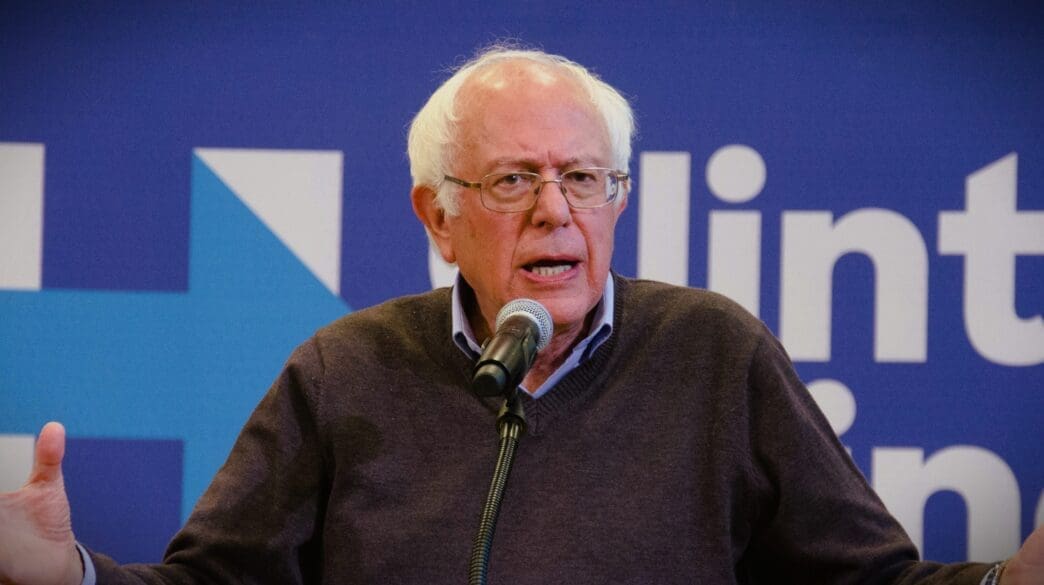Washington, D.C. – Independent Senators Bernie Sanders of Vermont and Angus King of Maine have introduced a new legislative proposal aimed at banning direct-to-consumer advertising for prescription drugs. The bill, named the End Prescription Drug Ads Now Act, seeks to prohibit pharmaceutical companies from promoting their products through television, radio, print, digital platforms, and social media.
Senator Sanders, in a press release, expressed the widespread frustration of the American public with pharmaceutical companies' substantial spending on advertising their high-priced medications through TV commercials. He highlighted that the United States and New Zealand are the only countries permitting such advertisements on television. The proposal is anticipated to garner support from the Trump administration. Although President Donald Trump has not yet publicly commented on the bill, Health and Human Services Secretary Robert F. Kennedy Jr. has previously indicated support for banning these advertisements, including a statement made during his 2024 presidential campaign about issuing an executive order to stop drug ads on TV.
Secretary Kennedy has aligned with the administration's efforts to regulate the pharmaceutical industry, a stance shared by Sanders and King despite their opposition to Kennedy's confirmation as head of HHS. This proposed legislation aligns with President Trump's ongoing initiatives to lower drug prices in the United States.
In response to the proposed legislation, a spokesperson for the Pharmaceutical Research and Manufacturers of America (PhRMA) asserted that direct-to-consumer advertising is a means to provide patients with fact-based research, enabling them to make informed healthcare decisions. The spokesperson emphasized the importance of ensuring patient access to healthcare information.
The potential ban on drug advertising could significantly impact the pharmaceutical industry. According to Intron Health, a research firm, a ban is seen as a major threat under Secretary Kennedy and the Trump administration. The firm pointed out that the return on investment for drug advertisements is high, with estimates suggesting returns between 100% and 500%, depending on the drug. A ban would likely result in decreased drug sales despite cost savings on marketing. Companies such as AbbVie, Regeneron, Sanofi, Eli Lilly, and Novo Nordisk, which heavily advertise their products, would be most affected.
Legal challenges are expected if the bill progresses, as advertising is protected under the First Amendment. However, the momentum could enable Secretary Kennedy to push for regulatory changes within the HHS. Recent regulatory revamps require that drug advertisements present side effects clearly and neutrally.
Additionally, previous legislative efforts by Senator Dick Durbin and Senator Chuck Grassley focused on increasing price transparency in pharmaceutical advertisements. Senator King has also proposed restricting drug advertisements for the first three years a drug is on the market. The ongoing debate over drug advertisement regulations highlights the complexity and legal intricacies of balancing commercial interests with public health priorities.














